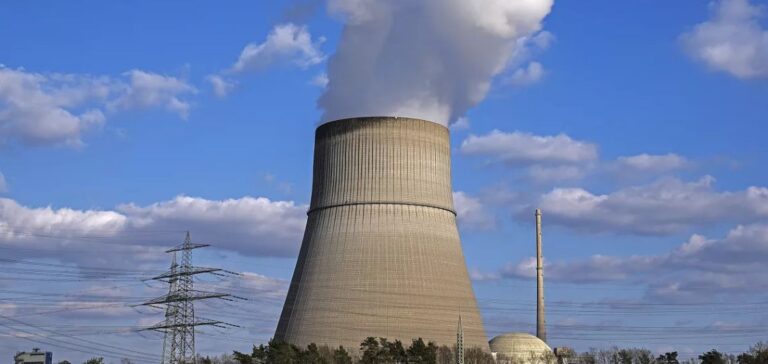Vincent Berger, High Commissioner for Atomic Energy, has issued strong criticisms regarding France’s energy strategy for 2035 in an opinion submitted to the French government and reported by Les Echos on March 3, 2025. According to him, the target for reducing CO2 emissions by 55% by 2030, compared to 1990 levels, is unrealistic and overly ambitious. To date, France has achieved only 31% of this reduction, raising doubts about the feasibility of meeting this goal by the end of the decade.
overproduction of electricity by 2035
In the same opinion, Mr. Berger expressed concerns regarding the Multiannual Energy Programme (PPE), which plans for electricity production of 692 TWh by 2035. He believes this capacity could lead to an overproduction of electricity, particularly given that demand remains lower than pre-Covid levels. In 2024, consumption was still 12.7% lower than before the pandemic, despite a slight increase compared to 2023. This overcapacity could make it difficult for the massive investments required to implement the PPE to be profitable.
necessary revision of photovoltaic development
In light of this situation, the High Commissioner recommends a downward revision of photovoltaic sector growth within the framework of the PPE. According to him, investments in this sector risk not being profitable if production exceeds demand. This position aligns with concerns raised by other energy sector stakeholders, including the High Council for the Climate (HCC), which has also warned of the need to strengthen certain levers of action to ensure that France’s energy roadmap meets its objectives.
official reactions and points of divergence
When contacted by AFP, the office of the Minister for Industry and Energy declined to comment on the criticisms raised by Vincent Berger. However, a source close to the Prime Minister stated that the information reported by Les Echos could not be confirmed and that these matters fell under the responsibility of the electricity transmission network operator, RTE, whose work has informed the preparation of the PPE. The ministry clarified that the management of energy policy was not within the direct remit of the High Commissioner for Atomic Energy.






















